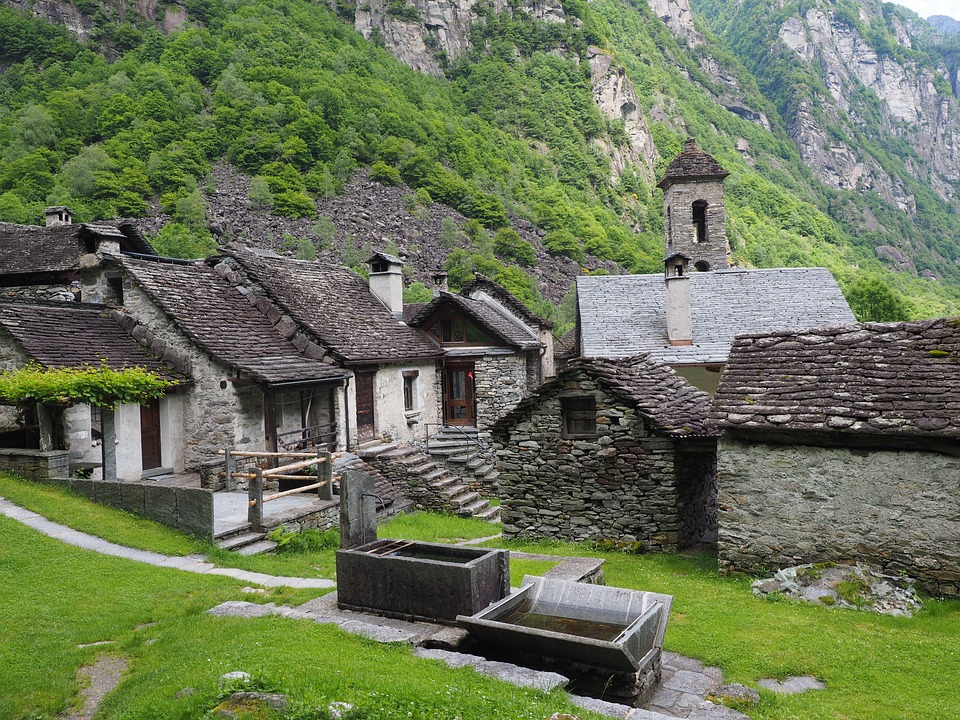How Do Cold Ocean Currents Affect Climate?
Ocean currents play a crucial role in shaping global climate by redistributing heat and influencing weather patterns. Among these currents, cold ocean currents are particularly significant as they transport cold water from polar regions toward the equator, affecting coastal climates and broader climatic systems.
What Are Cold Ocean Currents?
Definition of Cold Ocean Currents
Cold ocean currents are streams of cold water originating from high-latitude areas or the deep ocean that flow towards warmer regions. These currents are essential in cooling the air above them and influencing the climate of adjacent coastal areas.
How Cold Currents Form
These currents typically form in high-latitude regions where cold, dense water sinks and moves along coastlines or across the ocean surface, driven by various factors such as wind patterns, Earth’s rotation (Coriolis effect), and differences in salinity and temperature.
Examples of Major Cold Ocean Currents
– California Current: Flows southward along the west coast of North America, bringing cool water from the North Pacific.
– Humboldt (Peru) Current: Affects the climate of Chile and Peru by cooling coastal waters.
– Canary Current: Flows southward along the northwest coast of Africa, influencing the climate of the Canary Islands and surrounding areas.
How Cold Currents Affect Local Climate
Cooling Effect on Coastal Regions
Cold currents lower air temperatures above them, causing coastal regions to experience cooler weather compared to inland areas at similar latitudes. For instance, locations along the California Current and Humboldt Current enjoy milder summers due to this cooling effect.
Reduction in Precipitation
Cold currents inhibit evaporation, resulting in lower humidity and drier conditions along adjacent coastlines. This phenomenon contributes to arid regions such as the Atacama Desert in Chile, which is influenced by the Humboldt Current.
Impact on Marine Fog Formation
As warm, moist air from land cools rapidly over cold water, it can create dense fog near coasts. The California Current is known for contributing to San Francisco’s famous foggy conditions during summer months.
Cold Currents and Their Global Climate Impact
Influence on Global Heat Distribution
Cold currents help balance Earth’s temperature by transferring heat from equatorial regions toward the poles. This redistribution stabilizes climate patterns and prevents extreme temperature shifts across latitudes.
Effects on Trade Winds and Weather Patterns
Cold currents interact with atmospheric circulation, affecting wind patterns and pressure differences. For example, the Humboldt Current plays a significant role in El Niño and La Niña events, which can disrupt global weather patterns and lead to extreme climate events.
Marine Life and Ecosystems
Cold currents often bring nutrient-rich water from deep ocean layers to the surface. This upwelling supports high marine biodiversity and creates productive fishing grounds. Regions influenced by cold currents like the Humboldt and California Currents are known for their abundant fish populations.
Case Studies of Cold Currents and Climate Effects
California Current and Western U.S. Climate
The California Current keeps the western U.S. coast cooler, impacting agriculture and tourism while contributing to unique foggy weather patterns.
Humboldt Current and the Atacama Desert
The Humboldt Current cools the west coast of South America, contributing to one of the driest places on Earth—the Atacama Desert—while also supporting a vital fishing industry due to nutrient-rich waters.
Canary Current and the African Coast
The Canary Current moderates temperatures along Africa’s northwest coast, contributing to arid conditions in nearby deserts while supporting diverse marine life through nutrient upwelling.
Impact of Climate Change on Cold Currents
Warming Oceans and Changing Current Patterns
Rising ocean temperatures may weaken cold currents, reducing their cooling effects on coastal climates. This change can disrupt marine ecosystems and local fishing industries reliant on these currents.
Increased Frequency of Extreme Weather Events
Climate change may intensify El Niño and La Niña events, disrupting cold currents like the Humboldt Current. Such disruptions can lead to unpredictable weather patterns that affect agriculture, water supply, and disaster preparedness.
Frequently Asked Questions (FAQs)
1. What is a cold ocean current?
A cold ocean current is a stream of cold water flowing from high-latitude or deep ocean areas toward warmer regions, cooling adjacent coastal climates.
2. How do cold currents affect coastal temperatures?
Cold currents lower coastal temperatures, making areas along these currents cooler than inland regions at similar latitudes.
3. Why do cold currents create dry coastal climates?
Cold currents reduce evaporation rates, leading to lower humidity and less rainfall, creating arid conditions along coasts influenced by these currents.
4. How do cold currents support marine life?
By bringing nutrient-rich water to the surface through upwelling, cold currents sustain abundant marine life and fisheries.
5. How is climate change affecting cold ocean currents?
Climate change may weaken or alter current patterns, impacting coastal climates and marine ecosystems while increasing extreme weather events.
Conclusion
Cold ocean currents significantly influence climate by cooling coastal areas, reducing precipitation, and supporting marine ecosystems. Examples like the California, Humboldt, and Canary Currents illustrate their impact on regional climates and local economies. Understanding these dynamics is crucial for addressing climate stability amid changing global conditions.

Kyle Whyte is a notable scholar and professor at the University of Michigan, holding positions such as the George Willis Pack Professor in the School for Environment and Sustainability and Professor of Philosophy. Specializing in environmental justice, his work critically examines climate policy and Indigenous peoples’ ethics, emphasizing the nexus between cooperative scientific endeavors and Indigenous justice. As an enrolled Citizen Potawatomi Nation member, he brings a vital perspective to his roles as a U.S. Science Envoy and member of the White House Environmental Justice Advisory Council. His influential research is supported by various prestigious organizations including the National Science Foundation, and disseminated through publications in high-impact journals. Kyle actively contributes to global Indigenous research methodologies and education, with affiliations to numerous institutes and societies dedicated to traditional knowledge and sustainability. Recognized for his academic and community engagement, Kyle has earned multiple awards and served in various visiting professorships. His efforts extend to leadership positions on boards and committees focused on environmental justice nationwide.
